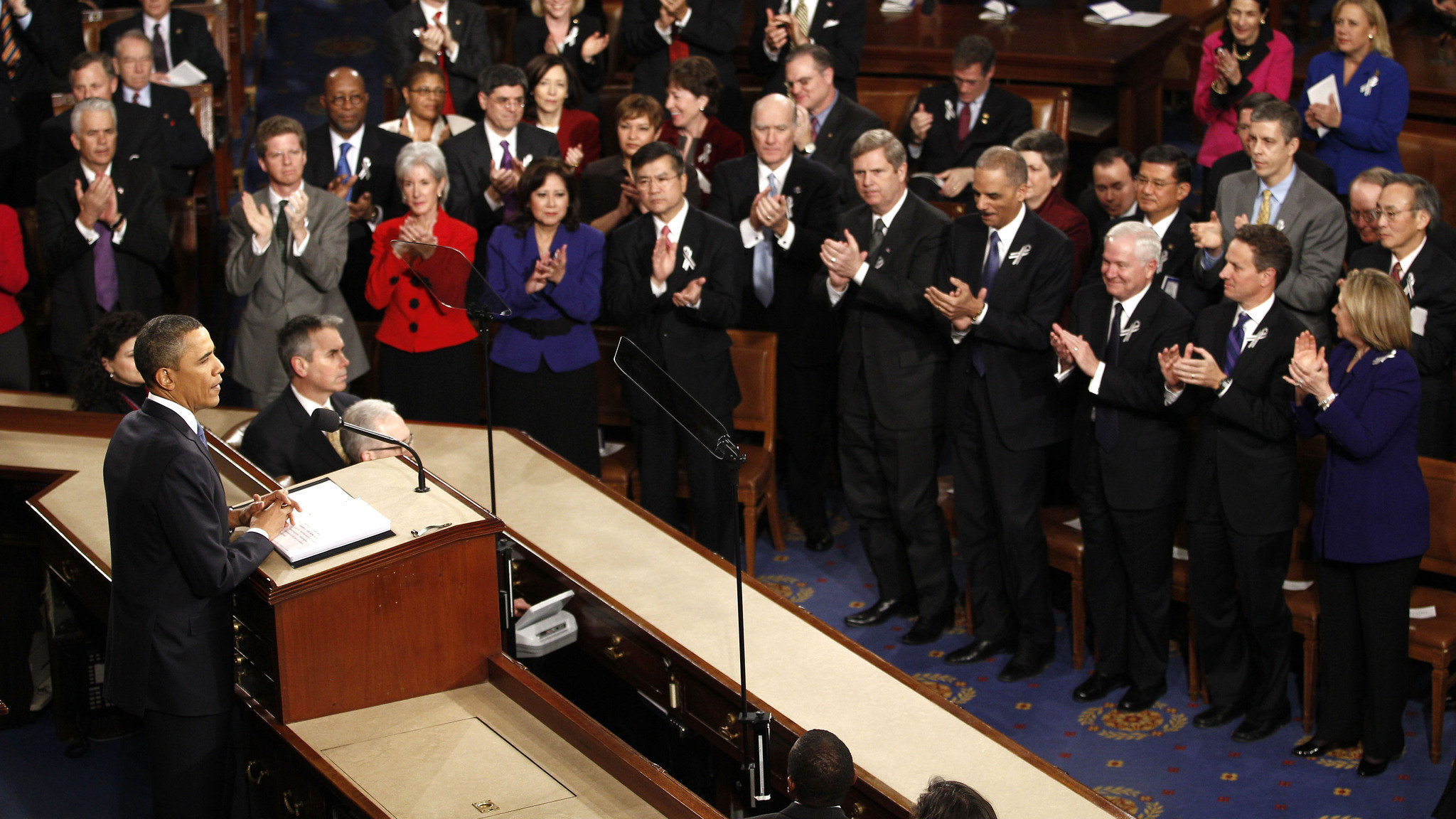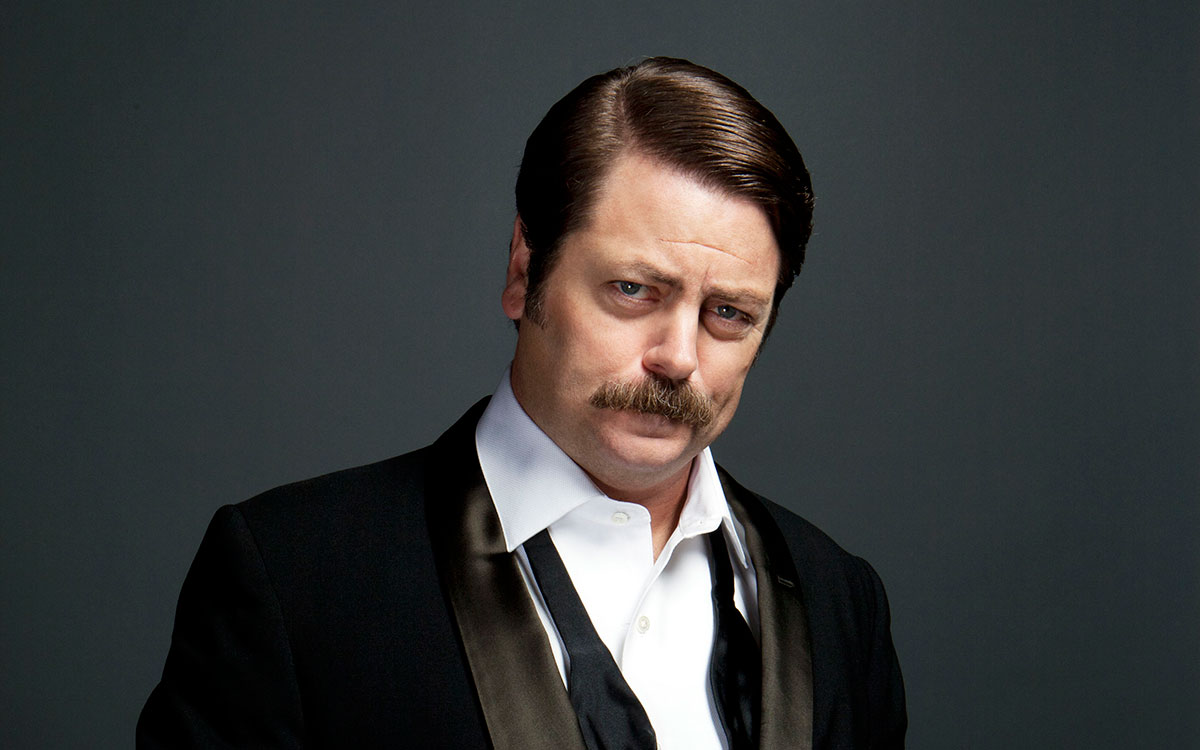WEST LONG BRANCH, N.J. – On Tuesday night, amid a gridlocked Congressional session and tensions pushing President Obama’s to a personal low, he delivered the State of the Union Address from the podium in the House Chamber.
While he addressed many key issues, he failed to mention some of the most significant problems that have been plaguing the nation, as most cable pundits would acknowledge. Although concurrent problems were mentioned in great detail, Obama did not offer potential solutions or in many cases, even a plan of action that would lead to subsequent recover. So then, what exactly was discussed?
As per the Democratic agenda, economic progress was one of the key issues mentioned within the one and a half hour long speech. After pondering the economic debacles of the past year, the President (quite unsurprisingly) went on to say that the past four years have produced tremendous economic growth and have further minimized unemployment. He said more jobs are being created and the recovery from ‘The Great Recession,’ could not be stronger.
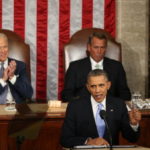
Perhaps though, this is true from a statistical standpoint. However, when a social setting as complex as an entire nation is to be evaluated, mere numbers cannot possibly envelope the truth in its entirety. Other factors such as the dependability, quality of work and the wages of the job must also be considered. Besides, in this case, the statistics offered by the White House are not entirely as indicative as recent polls published by the National Republican Congressional Committee, which indicate that the economic conditions are anything but healthy. Once again, the President did not offer any legitimate solutions to improve the economy in the future. The content, though stirring the applause of Democrats scattered throughout the chamber, was nothing Americans haven’t heard yet. Further, his tone, as Representative Paul Ryan indicated, was “not very combative,” at least compared to the bite he had during the Presidential Debates.
As aforementioned, an issue as complicated as the economy cannot be accurately evaluated based on statistics. In order to understand the consensus of ‘Young America,’ and their insight regarding contemporary economic conditions, a poll was conducted on campus on behalf of The Verge. It questioned students on how they believe economic development has progressed within the past twelve months. There were four options: Better, Worse, No Change and No Opinion. Below is a graph that summarizes the results.
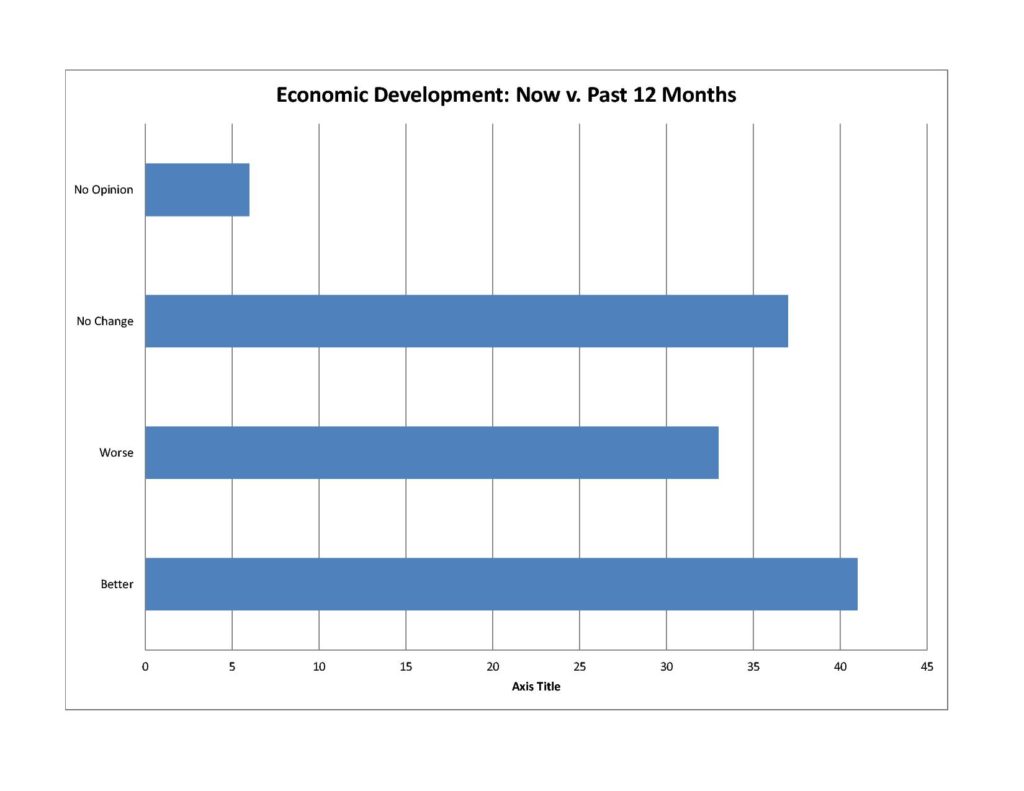
Contrary to the optimism expressed by the President on Tuesday, most of the Monmouth populace do not believe that the economy has improved significantly. While roughly 35 percent of the students think that the economy has improved, about 66 percent believe that the economic growth has either decreased or has simply not improved.
Erika Lorenzini, a Monmouth senior, expressed her thoughts on the matter, saying, “I’m pretty sure that U6 (a wide count of the unemployed) is higher now than it was last year.”
Although the State of the Union Address provided theoretical evidence for economic growth, there seems to be a deficit of practical evidence to support the numbers as demonstrated by the local poll for The Verge.
Moreover, the President also mentioned how significant it is for the U.S. to be cautious of the deteriorating environmental conditions and rapid climate change. In order to successfully combat climate change, the U.S. would need to reduce CO2 emissions even more. Once again, no specific potential legislation or plan of action was mentioned, though he said that climate change is now a fact (to little enthusiasm from Republican lawmakers).
The most surprising aspect of the State of the Union Address was the President’s declaration of a definite (and drastic) expansion of executive power in 2014. While discussing the partial government shutdown, Mr. Obama said, “…I will act on my own to slash bureaucracy and streamline the permitting process for key projects…” While the President’s words were encouraging in that he will try to prevent further folly on Capitol Hill, they also implied that the executive branch may initiate numerous efforts to overpower the legislative branch in the coming months.
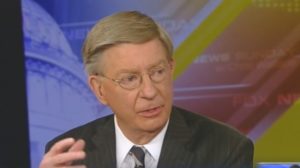
Not only does such a statement disturb the (theoretical?) political equilibrium so eloquently established within the Constitution by the Founding Fathers, but it also hints at hostility between federal branches, which would make it even harder for the economy to properly recover.
In order to achieve true progress, the three branches of the government must function together with the best interests of the citizens in mind. Dr. Julius Adekunle, Monmouth University Professor of History, said, “In politics, there is always wrong here and right there. So, we must understand the context of the President’s words. As per the separation of powers, there are some powers that the President can use, but he cannot overstep his authority. What they have to do is work together and do it on a non-partisan basis because no branch can run the government all by itself.”
Similarly, President Obama also expressed his wish to work with members of both parties in order to further economic progress. Although overly optimistic, the State of the Union Address was a respectable summary of the Democratic agenda for the upcoming year.
Any thoughts on this…the state of our Union? Comment below.

